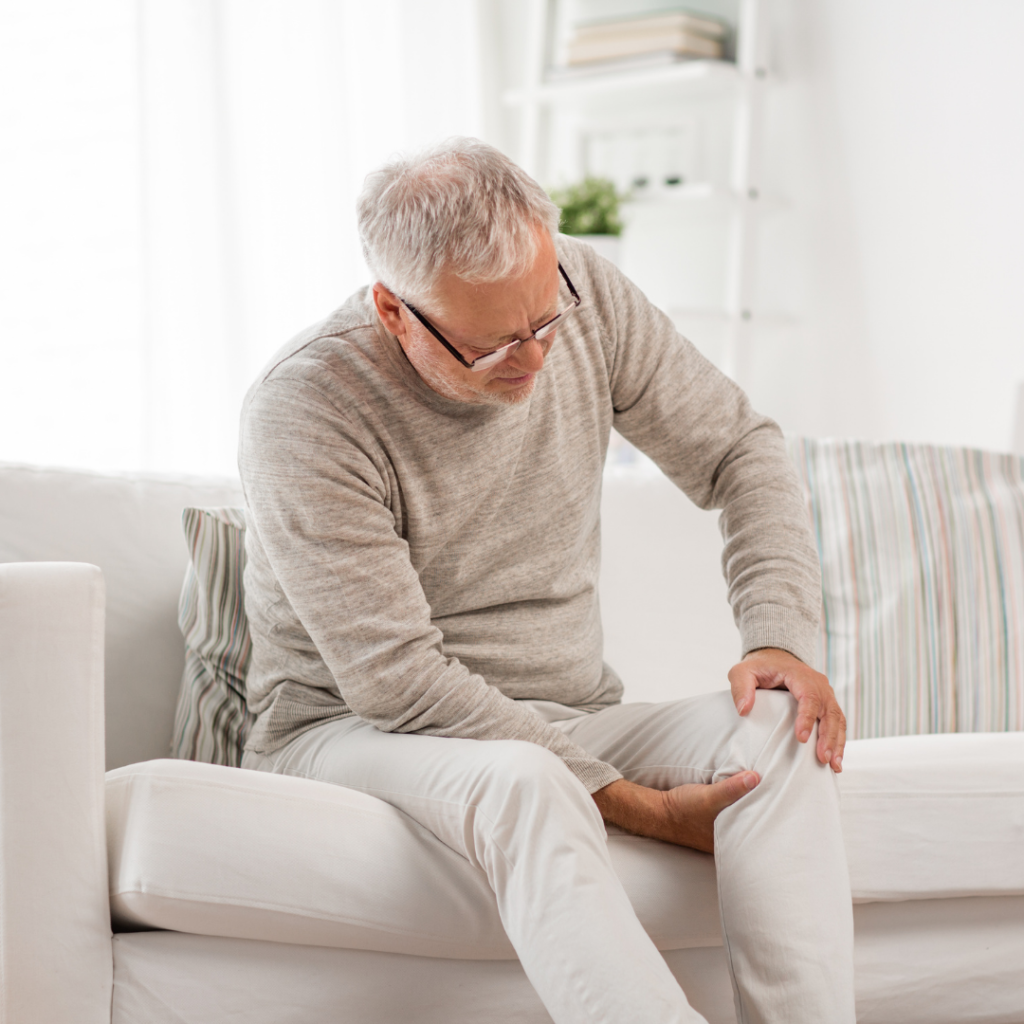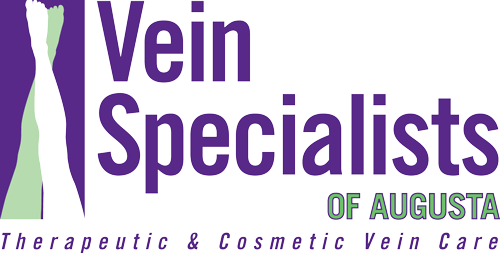Leg Swelling (Venous Insufficiency)
What is Venous Insufficiency?
The veins in your legs are responsible for carrying blood back to the heart. In healthy individuals, one-way valves ensure that blood flows in the proper direction. In individuals with venous insufficiency, some of these valves malfunction, causing some blood in the affected veins to flow back down into the legs. This can cause leg swelling, pain, skin changes, and open sores (venous ulcers). With treatment, we can help you manage your venous insufficiency and alleviate leg swelling caused by this condition.
Causes of Leg Swelling Due to Venous Insufficiency
Venous insufficiency that leads to leg swelling has many causes and risk factors. These include:
- Family history of vein problems
- Pregnancy (especially multiple pregnancies)
- Other hormonal changes (such as menopause)
- Obesity
- Age (individuals over age 50 are at higher risk)
- Gender (females are at higher risk)
- Smoking
- Deep vein thrombosis (blood clot in the leg)
- Personal history of blood clots
- Lack of exercise
- High blood pressure
- Frequent standing or sitting in place for extended periods of time


Symptoms of Leg Swelling Due to Venous Insufficiency
When a vein valve malfunctions, the backward blood flow can cause the vein to become varicose. Because veins have thin walls, this inflation of increased pressure causes varicose veins to take on a bulging, rope-like twisted appearance. Varicose veins most often form on the legs, and they may be isolated or appear connected to other varicose veins.
Common symptoms of varicose veins include leg swelling, throbbing, fatigue, burning, itching, pain or aching, heaviness, restlessness, skin discoloration, and sometimes skin ulcers. Symptoms can worsen over time and may lead to chronic venous insufficiency, discoloration of the skin, superficial thrombophlebitis, and/or painful venous ulcers.
Treatment for Leg Swelling Due to Venous Insufficiency
If you have leg swelling from venous insufficiency, getting treatment as soon as possible could save you from developing painful, poor-healing venous ulcers. Treatment can also prevent inflammation and varicose veins.
At-Home Treatments
Individuals can do the following things at home to achieve some symptom relief for chronic venous insufficiency. These measures are usually life-long commitments and may need to be combined with other conservative, non-surgical, or even surgical vein treatments.
- Leg Elevation: To help the blood flow in the proper direction (instead of pooling in your leg veins), periodically elevate your legs above the level of your heart. This is especially helpful if you spend the whole workday sitting or standing.
- Exercise and Weight Loss: Weight management can also improve symptoms. Combining exercise with healthy dieting can significantly reduce swelling, improve blood flow, and minimize other symptoms of venous insufficiency.
- Reducing Salt Intake: Salt causes fluid retention, which can have a compounding effect with venous insufficiency. Reducing your salt intake can minimize fluid accumulation in your legs and limit swelling.
Conservative Treatments
Our vein specialists can help you with a few other conservative treatments for leg swelling due to venous insufficiency.
- Leg Compression: Compression stockings are usually very effective in minimizing leg swelling due to venous insufficiency. When worn, the compression reduces pooling of excess fluids in the legs and helps prevent many associated symptoms. Our vein specialists can help you get good leg compression stockings for your needs.
- Antibiotics: Where leg swelling is accompanied by venous ulcers or skin infections, antibiotics can be prescribed. These will treat the current infection. Additional treatments for venous insufficiency will also be necessary to prevent recurrence.
- Medications: Medications to prevent blood clots may be prescribed for those with leg swelling caused by deep vein thrombosis.
Non-Surgical Treatments
In addition to conservative and at-home treatments, non-surgical treatments with one of our vein specialists may be necessary to provide sufficient treatment and relief of symptoms.
- Sclerotherapy : Sclerotherapy treatment injects a sclerosant (a chemical irritant) into damaged veins, disabling the vein walls and causing the veins to gradually fade away. Sclerotherapy can be an effective way to disable spider veins and varicose veins that are causing leg swelling.
- Endovenous Laser Ablation Treatment (EVLA) : Using the 1470 laser system, we use laser energy to close off problematic veins that cause leg swelling. After a laser fiber is inserted into the vein, laser energy is transmitted into the vein and the fiber is withdrawn, causing the vein to close.
Surgical Treatments
Approximately 1 in 10 people with severe leg swelling due to venous insufficiency may need surgical intervention.
- Ambulatory Phlebectomy: Ambulatory phlebectomy is a micro-extraction procedure that removes varicosities through tiny incisions without the need for surgical stitches. A phlebectomy hook is inserted through a micro-incision and hooked around a section of the varicose vein. This section of vein is then removed through the incision.
- Ligation: In ligation, the damaged vein is surgically cut and tied off so that blood can no longer flow through it.
- Stripping: Stripping is the surgical removal of larger damaged veins through two small incisions.
- Vein Bypass: With vein bypass, a portion of healthy vein is transplanted from another area of the body to reroute blood flow and reduce the swelling caused by venous insufficiency. This treatment is performed only on the upper thigh and is reserved for the most severe cases, for which no other treatment is effective.
Our highly experienced Vein Specialists staff in Augusta, GA, can help you determine if treatment can help your specific situation.
Learn more about our Vein treatment options and book your consultation with Dr. Sherman by calling 706-535-7551.
We accept insurance and Medicare.
